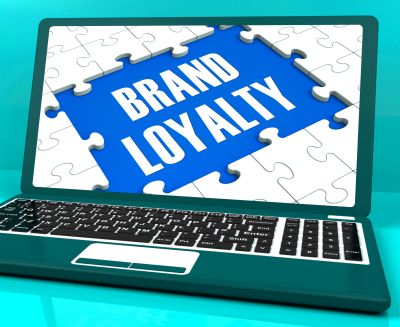What Extra Information Helps Inform Your Business Success?

When it comes to managing your business, one of the critical pieces of information you need is how well you’re doing. From there, you can determine where to go. However, this initial value does not come as an easy guesstimate.
Instead, it is comprised of many different forms of successful reporting and measuring your results. Sometimes, it can be hard to quantify every variable that helps you within that given outcome.
For instance, you may find that acquiring a new brand, such as when Kraft acquired the much-loved Cadbury, can net you no uncertain amount of negative press and attention from the prior businesses’ fans. But how can you measure that?
Outside of intensive surveys and paying attention to boycott movements, is there anything you can do? Sales cannot always be so easily measured during a great time of movement within your structure, as you cannot tell just how effective you’re being until you’re firing on all cylinders.
So, what information can help you inform your business success, and how do you measure that in the first place? In the following article, we’ll explore a few topics with you to help you come to a stronger conclusion.
We only hope it helps:
Ad Tracking
Ad tracking can help you stay completely laser-focused in your advertising strategy. Compatible with a range of the best Ads publishing platforms, and able to provide you with a range of metrics you can measure, this is by far the best method of gauging just how successful your marketing may be.
It can also help you in a range of other directions, too. For instance, if you notice that your wider social media targeted advertisements are bringing in an unexpected demographic, odds are that this is a new potential avenue you can follow.
Without the best ad tracker services, you would never have known that. We must never over-predict in business, or believe that everything is a sure thing, because if we do that we can often be misled or blind. Through measures such as this, you’re sure to flourish in your marketing strategy.
Focus Groups/Consumer Surveys
Sometimes, it’s not worth predicting how customers feel or what the results may mean when you can ask them directly.
Incentivized, anonymous surveys can often help your customers say what they really think about your brand, such as how your support may have treated them, or how satisfied they were with a purchase.
You can then use this information to consider how regularly certain issues or praises are brought up, and then you can change or continue to pursue those approaches.
Focus groups can be great when it comes to figuring out how customers feel about a certain product or brand direction. Yet it’s important to gauge their natural reactions, and not simply let this turn into an echo chamber of praise for your approach without challenges.
It’s constructive criticism you’re after here. From there, you can choose to honestly apply those lessons or decide that they aren’t as frequently found as the group may have suggested.
Still, when it comes to figuring out how people interface with your brand from a completely cold perspective – these measures are absolutely fantastic.
Product Reviews & Cultural Conversations
Product reviews are often an honest litmus test of how people are feeling about your offering, and for that reason, they are worth reading. Note that you must take these with a pinch of salt.
Some people will leave a one-star Amazon review of your product simply because it arrived a day later than they were expecting, or because they couldn’t figure out how to assemble a piece you clearly explain in the first image of your instruction manual.
That being said, even if that’s the case, you can consider why people come to these conclusions, and how you can affect the UX of your chosen product to resemble a better, more satisfying experience.
Additionally, cultural conversations can be helpful in allowing you to understand how your brand is being spoken of. How do people speak of your brand on Twitter? How are your reviews on YouTube? Do you hit well in the advice column and ranking charts?
The more you can collect this kind of information and present it within an actionable report, the better and more secure you will feel in your strategy. That’s not a bad place to begin.
Sales Pattern Analysis
Sales pattern analysis will aid you in understanding why people buy your products. Simply using the reason ‘because they deserve to be bought’ will blind you from seeing the large machinations that translate into a purchase.
Perhaps your packaging is fantastic and always catches the eye. Maybe you only really ensure a volume of sales when your item is discounted – and that itself can raise some questions.
When do people buy your products? Do they come back? How many purchases on average does a customer account make from your website? How many returns do you expect, and what reasons are given? In order to make clear conclusions from this information, we must consider them as a cohesive whole.
We must also be careful about assigning causes that might not exist. An immediate return of some clothing to your brand, for instance, might not signify its quality, but rather that it was ill-fitting for that particular sizing. This will make the difference between putting an item on sale or redesigning it to properly suit your customers.
Considering Goodwill
Goodwill is a strong motivational force. It will bring certain loyal fans of your brand to purchase everything you make, or even promote your goods through word of mouth through social media platforms. Curate goodwill.
Retweet their praises on social media. Thank them for repeated purchases. Give loyalty discounts. This is a golden resource you can never take for granted, and must never over-exploit. If you have an abundance of this – you’re doing something right.
With this advice, we hope you can more easily use extra information to ensure your business success.






